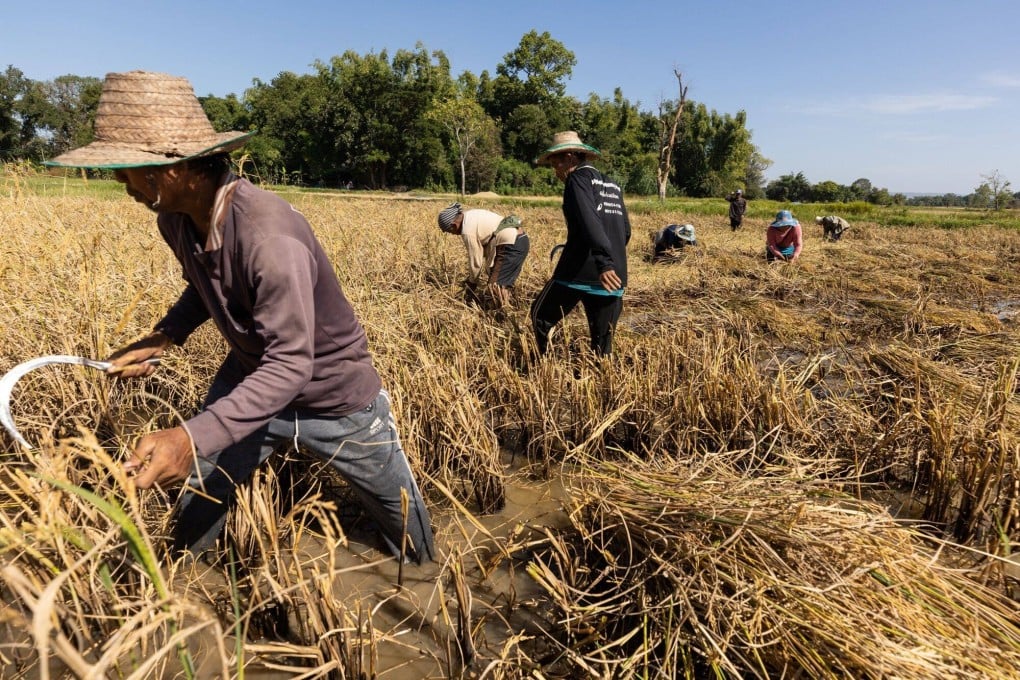Advertisement
Dying fish, Fukushima discharge, skyrocketing rice prices: Asia counts its losses in world’s warmest year ever
- Climate change-induced extreme weather unsettled Asia in 2023, hitting regional rice supplies – and ecosystems supporting Thailand’s favourite fish
- The rise of EVs hit a brighter note, as did the world’s move towards a fossil fuel phase out and less plastic, if words finally translate into action
Reading Time:3 minutes
Why you can trust SCMP
0

With scorching heatwaves and the return of choking haze, Asia found itself at the sharp end of climate change throughout 2023, the warmest year ever in recorded history.
But it was not all doom and gloom, as the UN conference on climate change in Dubai towards the end of the year signalled an eventual end to the fossil-fuel era.
Here are some of the most impactful environment stories This Week in Asia covered in 2023.

Asia’s rice price crisis
Climate change-induced extreme weather unsettled Asia throughout the year. El Niño conditions – which disrupt weather patterns, divert rainfall and cause much of the region to experience hotter, drier conditions – clipped rice production. Forecasters expect El Niño to persist until at least early next year.
This led to India, the world’s top rice exporter, clamping down on shipments, allowing only meagre volumes to be sent overseas.
Rice prices in Asia shot up to their highest levels in almost 15 years after India put its ban in place. Prices in rival exporter Thailand also rose to their highest since the depths of the global financial crisis in late 2008.
Scorching heatwaves and uneven monsoon rainfall distribution hit crops hard, driving up food inflation and forcing central banks to tighten up further on lending.
Advertisement
Select Voice
Choose your listening speed
Get through articles 2x faster
1.25x
250 WPM
Slow
Average
Fast
1.25x